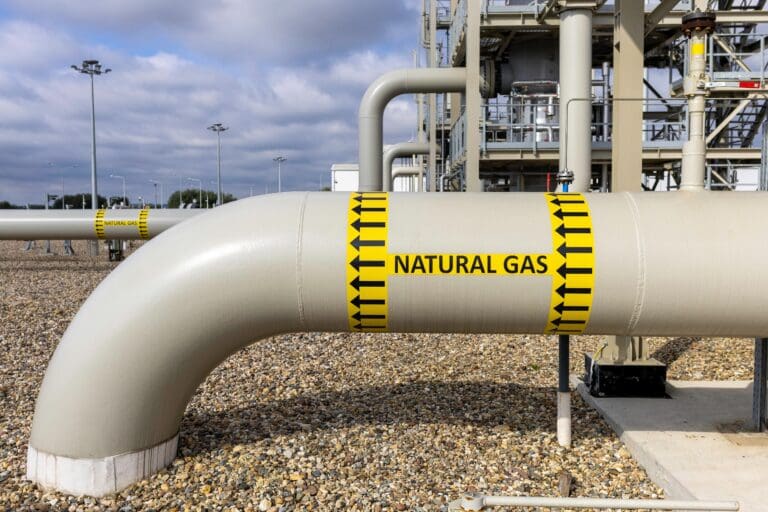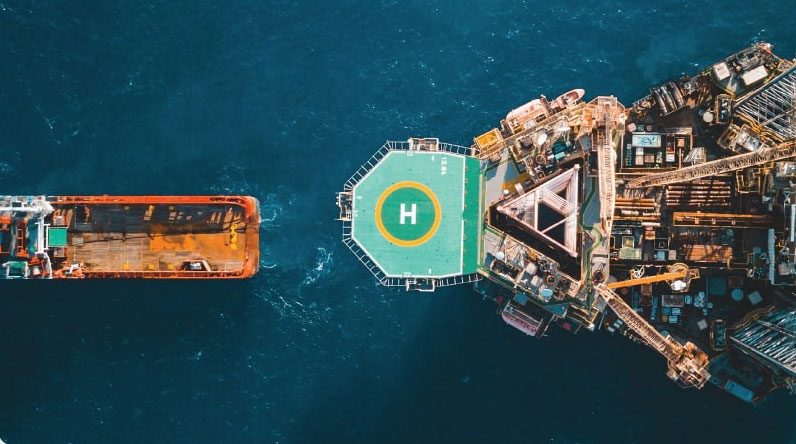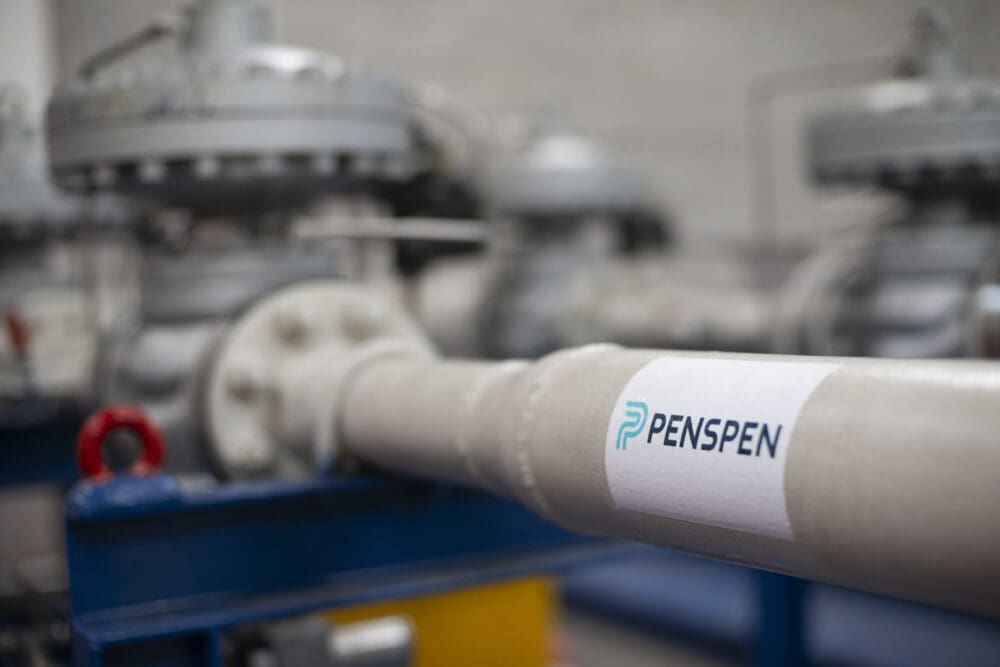A Pipeline’s Role in Decarbonisation
When looking at the path to achieving decarbonisation, it’s clear to see just how big of role pipelines will play. Pipelines and other similar assets will function as the main tools for transporting hydrogen as well as other gases. The creation of blue hydrogen requires pipelines to carry CO2 to the Carbon Capture Usage and Storage units (CCUS), which is imperative in reducing greenhouse gas emissions. Pipelines will also need to be reconfigured to extend their operational life, allowing them to carry hydrogen to power homes (like the Scottish Gas Network project), provide fuel for different vehicles, and more. Thankfully, there are options/methods available to us to repurpose these existing assets, thanks to integrity studies that have helped us understand and potentially manage the risk of these assets.
Managing Risk for Existing Pipelines
Making use of the existing network of pipelines serves as one of the most viable methods of achieving decarbonisation. However, the integrity of these pipelines requires attention to assess their suitability, since hydrogen can have a deleterious effect on materials, particularly steel. Steel is extensively used in high-pressure transmission and CO2 requires a high pressure to transport it efficiently and the pipeline can suffer catastrophic failures if certain precautions are not made.
Take blue hydrogen for example – the carbon dioxide that’s detained in the CCUs needs to be transported to storage sites using pipelines. However, CO2 is an acid gas that reacts with water to form carbonic acid, which can corrode the existing pipeline and create defects. The water content of CO2 transported through carbon steel pipelines needs to be considered and pipeline materials selected accordingly. There are various integrity studies that can be used to look at potential modifications for an asset that prepares them to be utilised for hydrogen or CO2 in the future. This includes integrity assessments and Quantitative Risk Assessments (QRA).
Repurposing for the Future
Many industry studies have been conducted in the UK and Europe, which have been steadily increasing the confidence in the potential for using existing infrastructure for transporting hydrogen. As it stands, some of the conditions needed before we can actualise the repurposing process include:
- An uptake in the hydrogen market, to help serve as a pathway for hydrogen
- A securement of natural gas supply to customers whilst the conversion to hydrogen commences
Already aging assets require ongoing integrity management in a careful and considerable manner when looking at the required remaining life – human capital management, Reliability Centred Maintenance (RCM), Risk-Based Inspection (RBI), Failure Mode Effect Analysis (FMEA), Pipeline Integrity Management Systems (PIMS) are all processes that can be used to help capture the daily decisions on risk mitigation, repair, improvement and continual improvement in procedures. The impact can be analysed and collected as data to forecast future reliability, which helps decide on how effective an asset will be for further use. When attempting to realise a hydrogen economy and a path to decarbonisation, it’s imperative to assess the current infrastructure’s potential to actualise this path.
Questions? Contact UsRelated Insights
Curiosity, Commitment, and Corrosion: Our People – Yureis Villasmil
In 2025, Yureis Villasmil joined Penspen as our first in-country integrity engineer in Chile. Passionate about personal development, she shares how her her work as part of Penspen's global...

Development and Implementation of Asset Integrity Management Systems
In the case of facilities, integrity management is somewhat more complex than for pipelines, due to the nature and complexity of these types of assets, which distinguish them from a main...

Pipeline Performance vs Dust
In the latest integrity issue of World Pipelines, Penspen Asset Integrity experts explore how dust impacts the integrity, reliability, and safety of gas transmission and distribution systems, and...

A New Landscape: Our People – Nick Molnar
Nick is a Senior Pipeline Integrity Engineer at Penspen. Since joining the team in November 2024 and relocating from Canada to Abu Dhabi, he’s been an integral part of Penspen’s Centre of...




